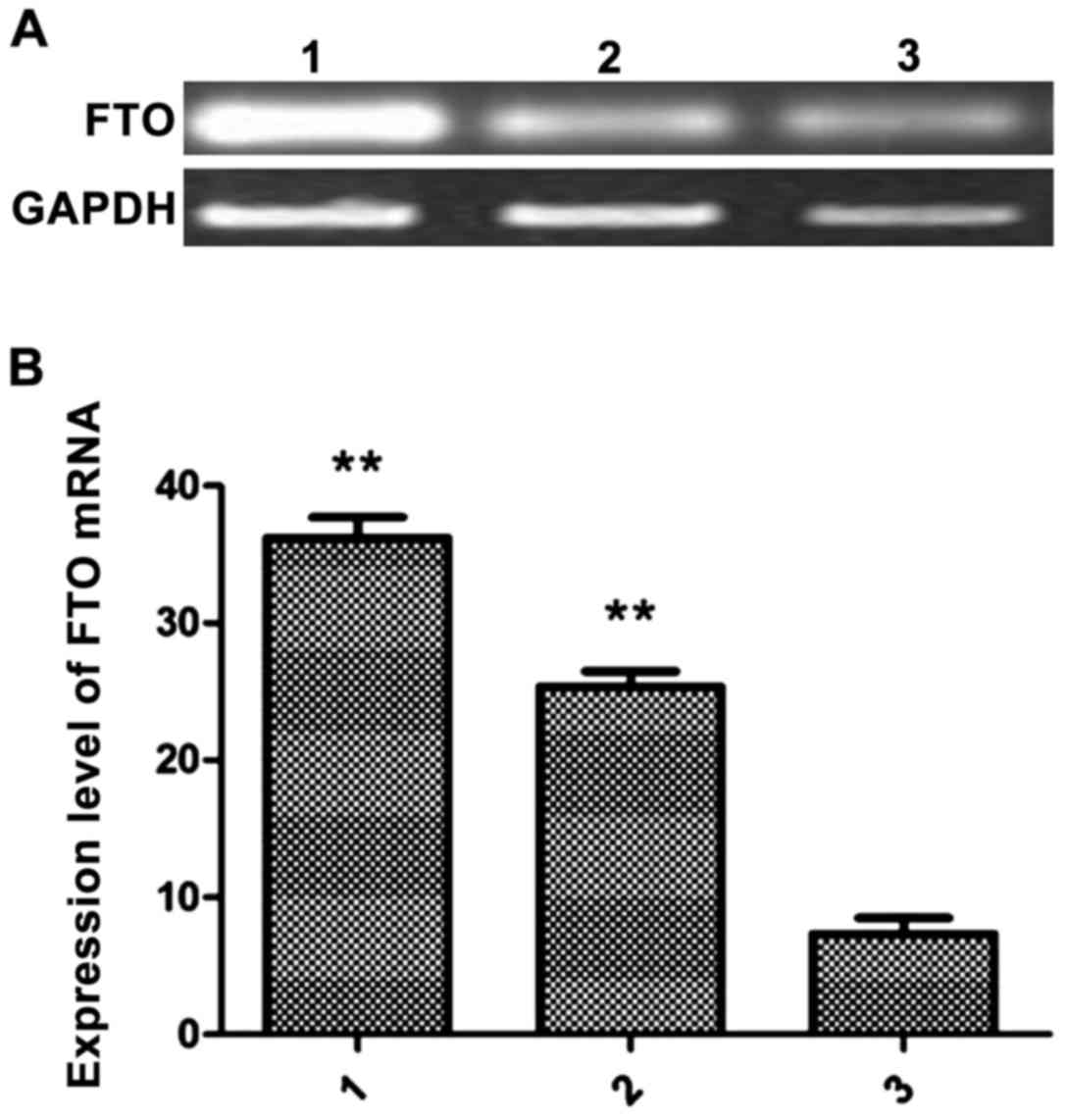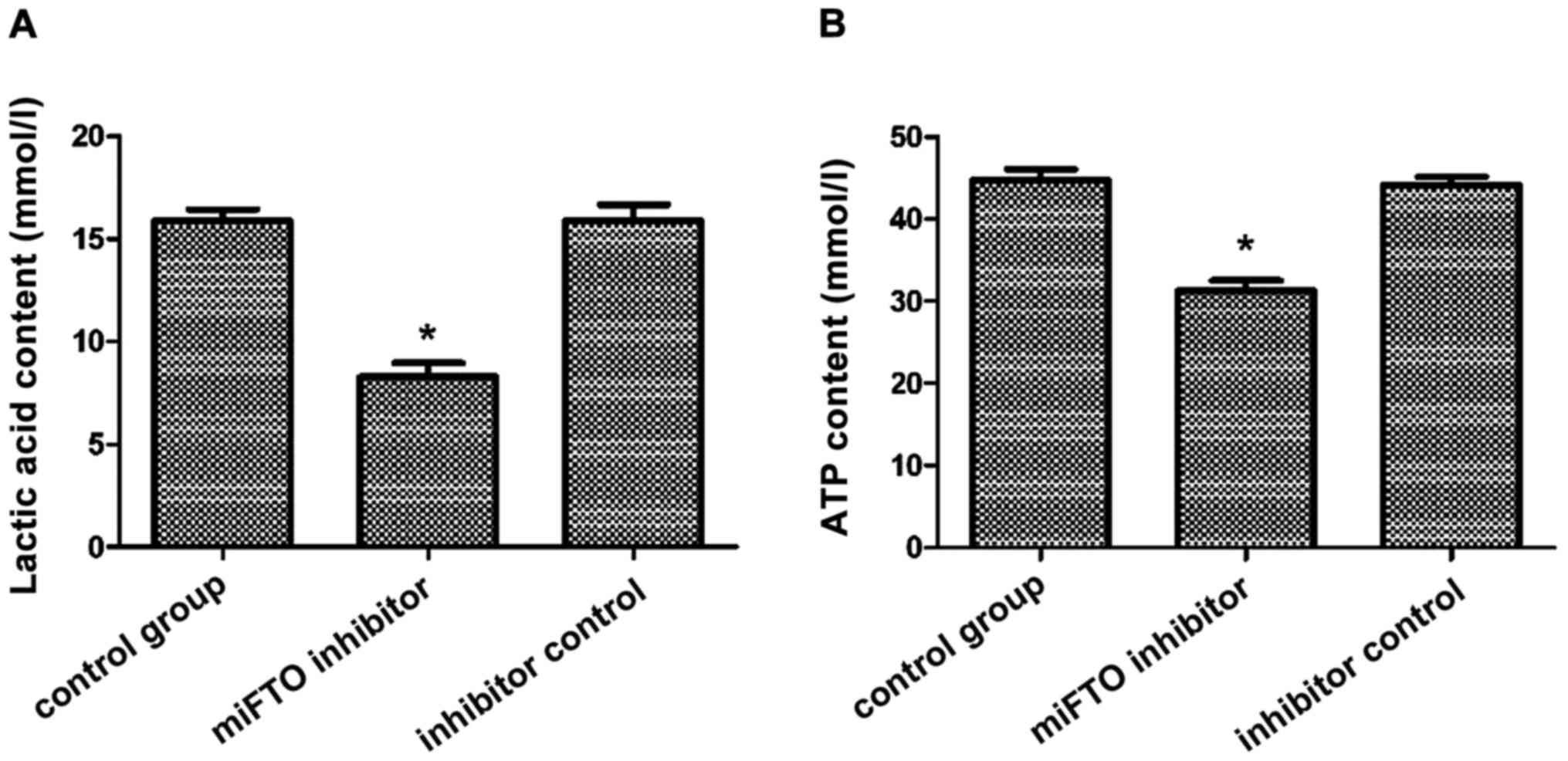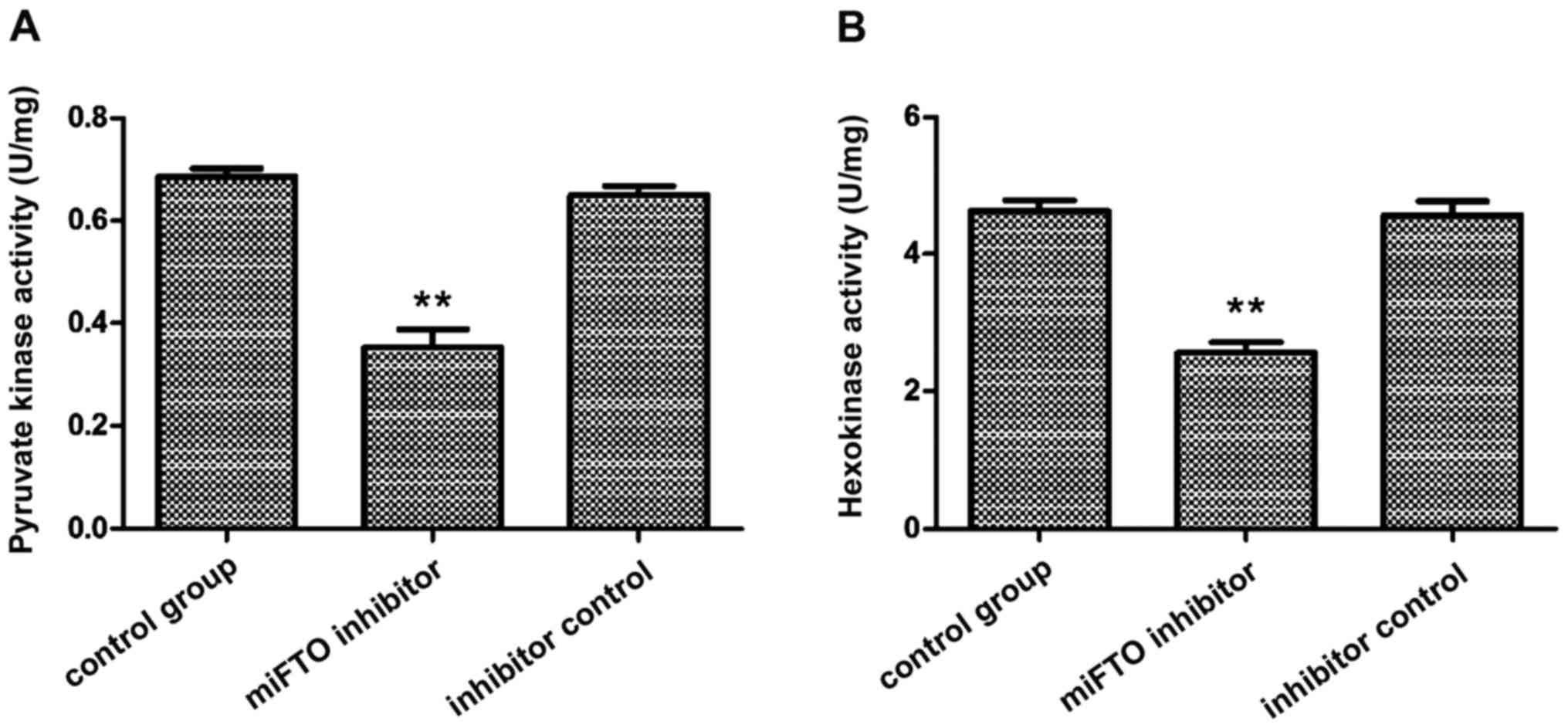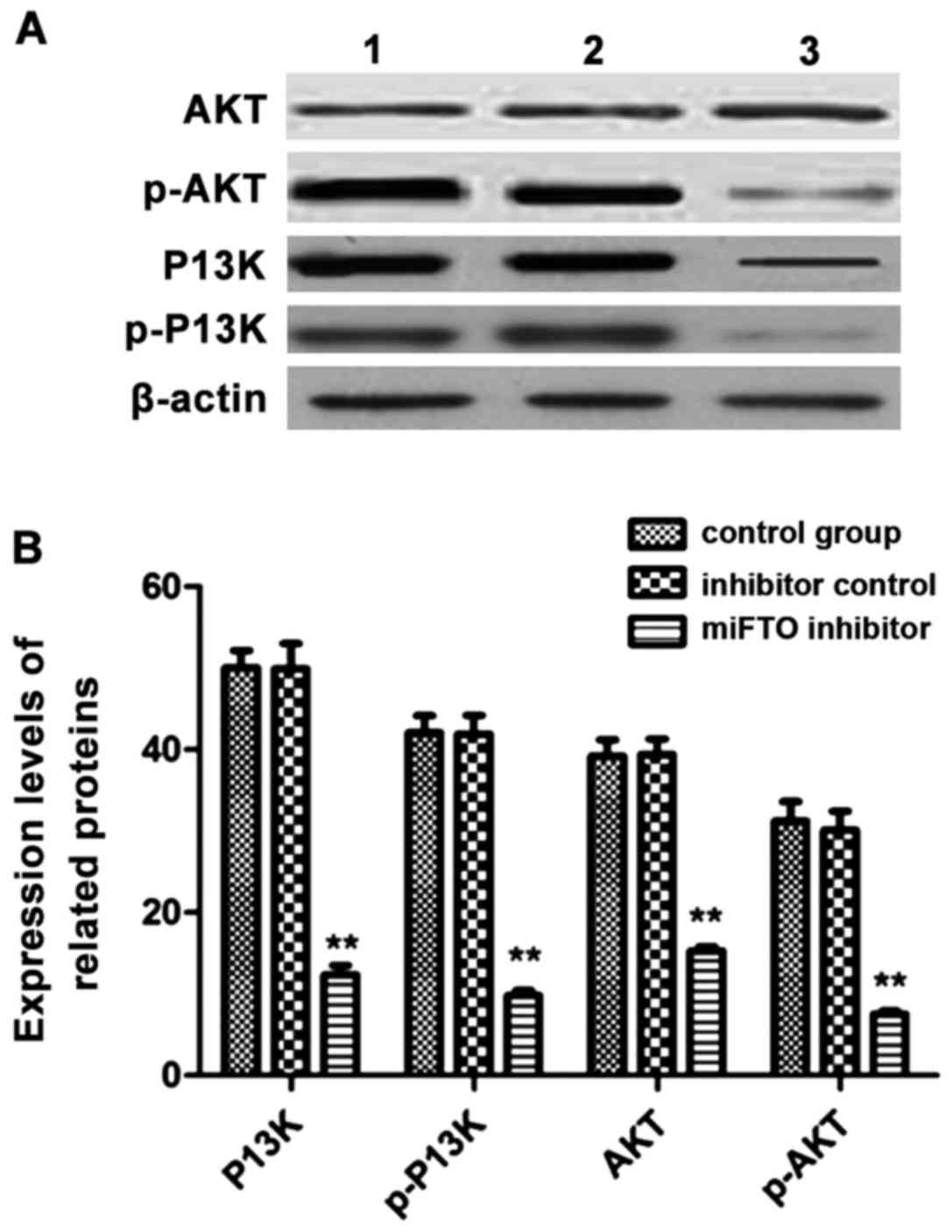|
1
|
Piccart-Gebhart MJ, Procter M,
Leyland-Jones B, Goldhirsch A, Untch M, Smith I, Gianni L, Baselga
J, Bell R, Jackisch C, et al: Herceptin Adjuvant (HERA) Trial Study
Team: Trastuzumab after adjuvant chemotherapy in HER2-positive
breast cancer. N Engl J Med. 353:1659–1672. 2005. View Article : Google Scholar : PubMed/NCBI
|
|
2
|
Dowsett M, Forbes JF, Bradley R, Ingle J,
Aihara T, Bliss J, Boccardo F, Coates A, Coombes RC, Cuzick J, et
al: Early Breast Cancer Trialists' Collaborative Group (EBCTCG):
Aromatase inhibitors versus tamoxifen in early breast cancer:
patient-level meta-analysis of the randomised trials. Lancet.
386:1341–1352. 2015. View Article : Google Scholar : PubMed/NCBI
|
|
3
|
Gallagher EJ and LeRoith D: Obesity and
diabetes: the increased risk of cancer and cancer-related
mortality. Physiol Rev. 95:727–748. 2015. View Article : Google Scholar : PubMed/NCBI
|
|
4
|
Sevgi M, Rigoux L, Kühn AB, Mauer J,
Schilbach L, Hess ME, Gruendler TO, Ullsperger M, Stephan KE,
Brüning JC, et al: An obesity-predisposing variant of the FTO gene
regulates D2R-dependent reward learning. J Neurosci.
35:12584–12592. 2015. View Article : Google Scholar : PubMed/NCBI
|
|
5
|
Milagro FI, Moreno-Aliaga MJ and Martinez
JA: FTO obesity variant and adipocyte browning in humans. N Engl J
Med. 374:190–191. 2016. View Article : Google Scholar : PubMed/NCBI
|
|
6
|
Kuchenbaecker KB, Ramus SJ, Tyrer J, Lee
A, Shen HC, Beesley J, Lawrenson K, McGuffog L, Healey S, Lee JM,
et al: EMBRACE; GEMO Study Collaborators; Breast Cancer Family
Registry; HEBON; KConFab Investigators; Australian Cancer Study
(Ovarian Cancer Investigators); Australian Ovarian Cancer Study
Group; Consortium of Investigators of Modifiers of BRCA1 and BRCA2:
Identification of six new susceptibility loci for invasive
epithelial ovarian cancer. Nat Genet. 47:164–171. 2015. View Article : Google Scholar : PubMed/NCBI
|
|
7
|
Hasstedt SJ, Coon H, Xin Y, Adams TD and
Hunt SC: APOH interacts with FTO to predispose to healthy thinness.
Hum Genet. 135:201–207. 2016. View Article : Google Scholar : PubMed/NCBI
|
|
8
|
Salgado-Montilla J, Rodríguez-Caban J,
Gonzalez-Sepulveda L, Sanchez-Ortiz R and Irizarry-Ramirez M:
Presence of FTO rs9939609 and rs9930506 and severity of prostate
cancer in Puerto Ricans. Cancer Res (106th Annual Meeting
Abstracts). pp. 48362015;
|
|
9
|
Barbier-Torres L, Delgado TC,
García-Rodríguez JL, Zubiete-Franco I, Fernández-Ramos D, Buqué X,
Cano A, Gutiérrez-de Juan V, Fernández-Domínguez I, Lopitz-Otsoa F,
et al: Stabilization of LKB1 and Akt by neddylation regulates
energy metabolism in liver cancer. Oncotarget. 6:2509–2523. 2015.
View Article : Google Scholar : PubMed/NCBI
|
|
10
|
Roberts DJ and Miyamoto S: Hexokinase II
integrates energy metabolism and cellular protection: akting on
mitochondria and TORCing to autophagy. Cell Death Differ.
22:248–257. 2015. View Article : Google Scholar : PubMed/NCBI
|
|
11
|
Giménez-Cassina A and Danial NN:
Regulation of mitochondrial nutrient and energy metabolism by BCL-2
family proteins. Trends Endocrinol Metab. 26:165–175. 2015.
View Article : Google Scholar : PubMed/NCBI
|
|
12
|
Valenti D, Vacca RA and de Bari L:
3-Bromopyruvate induces rapid human prostate cancer cell death by
affecting cell energy metabolism, GSH pool and the glyoxalase
system. J Bioenerg Biomembr. 47:493–506. 2015. View Article : Google Scholar : PubMed/NCBI
|
|
13
|
Gatenby RA and Gillies RJ: Why do cancers
have highaerobic glycolysis? Nat Rev Cancer. 4:891–899. 2004.
View Article : Google Scholar : PubMed/NCBI
|
|
14
|
Vincent EE, Sergushichev A, Griss T,
Gingras MC, Samborska B, Ntimbane T, Coelho PP, Blagih J, Raissi
TC, Choinière L, et al: Mitochondrial phosphoenolpyruvate
carboxykinase regulates metabolic adaptation and enables
glucose-independent tumor growth. Mol Cell. 60:195–207. 2015.
View Article : Google Scholar : PubMed/NCBI
|
|
15
|
Liang M, Liu J, Ji H, Chen M, Zhao Y, Li
S, Zhang X and Li J: A Aconitum coreanum polysaccharide fraction
induces apoptosis of hepatocellular carcinoma (HCC) cells via
pituitary tumor transforming gene 1 (PTTG1)-mediated suppression of
the P13K/Akt and activation of p38 MAPK signaling pathway and
displays antitumor activity in vivo. Tumour Biol. 36:7085–7091.
2015. View Article : Google Scholar : PubMed/NCBI
|
|
16
|
Zhang CZ, Wang XD, Wang HW, Cai Y and Chao
LQ: Sorafenib inhibits liver cancer growth by decreasing mTOR, AKT,
and PI3K expression. J BUON. 20:218–222. 2015.PubMed/NCBI
|
|
17
|
Zhu JJ, Cui Y, Cui K, Li X and Zhang ZY:
Distinct roles of parafibromin in the extracellular environment,
cytoplasm and nucleus of osteosarcoma cells. Am J Transl Res.
8:2426–2431. 2016.PubMed/NCBI
|
|
18
|
Mock CD, Jordan BC and Selvam C: Recent
advances of curcumin and its analogues in breast cancer prevention
and treatment. RSC Advances. 5:75575–75588. 2015. View Article : Google Scholar : PubMed/NCBI
|
|
19
|
Yang Z, Xie C, Xu W, Liu G, Cao X, Li W,
Chen J, Zhu Y, Luo S, Luo Z, et al: Phosphorylation and
inactivation of PTEN at residues Ser380/Thr382/383 induced by
Helicobacter pylori promotes gastric epithelial cell survival
through PI3K/Akt pathway. Oncotarget. 6:31916–31926.
2015.PubMed/NCBI
|
|
20
|
Pande M, Bondy ML, Do KA, Sahin AA, Ying
J, Mills GB, Thompson PA and Brewster AM: Association between
germline single nucleotide polymorphisms in the PI3K-AKT-mTOR
pathway, obesity, and breast cancer disease-free survival. Breast
Cancer Res Treat. 147:381–387. 2014. View Article : Google Scholar : PubMed/NCBI
|
|
21
|
Bains M and Roberts JL: Estrogen protects
against dopamine neuron toxicity in primary mesencephalic cultures
through an indirect P13K/Akt mediated astrocyte pathway. Neurosci
Lett. 610:79–85. 2016. View Article : Google Scholar : PubMed/NCBI
|


















